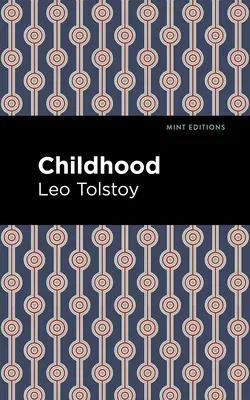Childhood (1852) is a novel by Leo Tolstoy. Published at the beginning
of his career as a leading Russian author of his generation, Childhood
is the first in a trilogy of semi-autobiographical novels tracing
Nikolenka's journey from innocence to experience. As a record of the
past, a nostalgic reminder of a lost world, Childhood is one of
Tolstoy's most personal works, and yet his prose shows signs of the
universal religious and philosophical themes that would inspire such
masterpieces as War and Peace (1869) and Anna Karenina (1877). A
story of life and death, love and grief, Childhood is an invaluable
treasure of Russian literature. "How beautiful Mamma's face was when she
smiled! It made her so infinitely more charming, and everything around
her seemed to grow brighter! If in the more painful moments of my life I
could have seen that smile before my eyes, I should never have known
what grief is." Devoted to his mother, Nikolenka is a young Russian boy
born into prosperity. As his story unfolds, we see him experience love,
grief, and anger for the first time in his life, returning us for a
brief moment to our own childhoods, the bittersweet memories of good and
bad things that can never return. Praised for its expressionistic style
and meditative prose, Childhood won Tolstoy the attention of Russia's
literary elite, launching his career as one of the nineteenth century's
most influential artists. With a beautifully designed cover and
professionally typeset manuscript, this edition of Leo Tolstoy's
Childhood is a classic work of Russian literature reimagined for
modern readers.


